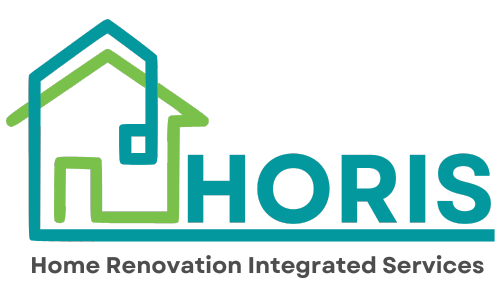Hit enter to search or ESC to closes
© IEECP. All rights reserved.
For ambitious and evidence-based climate and energy policies
A knowledge-hub sharing pragmatic results, innovative ideas and science-based independent expertise towards the energy transition and a sustainable future.
Read more
Topics
Local action for energy and climate
Energy efficiency financing and business
News & Events
Featured publications
Mar 2024
Building renovation
Energy poverty
Energy performance certificates
Updating the energy poverty and energy efficiency framework in rural areas across the EU
Read more
Mar 2024
Building renovation
Energy efficiency financing
‘Second wave’ of DigiBUILD AI-based data-driven services for the built environment
Read more
Feb 2024
Renewables
Consumers and behavioural change
Impact assessment of case studies - Assessing the impacts of public engagement in energy infrastructure projects
Read more
Feb 2024
Consumers and behavioural change
Energy savings obligation, monitoring and verification
IEECP
How much energy do behavioural policy measures save? Resources from the BEHAVE conference
Keywords
behaviour
behavioural change
conference
EED
energy efficiency
energy saving methodologies
energy savings
event
Read more
Feb 2024
Building renovation
Consumers and behavioural change
Energy communities
Heating and cooling
Closing the H2020 NUDGE project in a final report outlining how we succeeded to explore the efficacy of behavioural nudges for energy efficiency
Read more
Jan 2024
Implementing energy and climate measures at local level
Modelling and quantification
Multiple benefits and the Efficiency First principle
Energy governance
A tool built around its users: the MICATool co-design process
Read more
Jan 2024
Energy performance certificates
EBENTO - Preliminary Business Models and Market Analysis
Keywords
buildings
energy efficiency
energy performance contracts
esco
market development
policy makers
Read more
Nov 2023
Energy communities
Capacity building
Implementing energy and climate measures at local level
Report and factsheet - Drivers and barriers of public engagement in energy infrastructure
Read more
Nov 2023
Building renovation
Efficient and resilient energy system
Modelling and quantification
Multiple benefits and the Efficiency First principle
Make Energy Efficiency Visible in the Energy Mix
Read more
Featured projects

February 2024 - January 2027
Capacity building
Energy poverty
Implementing energy and climate measures at local level
Read more

January 2024 - December 2027
Energy efficiency in industry and SMEs
Heating and cooling
Renewables
Smart building and technologies
Keywords
absorption technology
adsorption technology
chiller
cold
food and beverage
heat to cold
industry
solar energy
waste heat
Read more

September 2023 - February 2026
Building renovation
Consumers and behavioural change
Energy efficiency financing
Renewables
Keywords
business models
city
consumers
farm
financial schemes
home renovation
integrated renovation
one-stop-shop
renewables
residential sector
tool
training
Read more

March 2023 - February 2024
Consumers and behavioural change
Efficient and resilient energy system
Renewables
Read more

January 2023 - December 2026
Climate planning, adaptation and resilience
Consumers and behavioural change
Implementing energy and climate measures at local level
Modelling and quantification
Read more

December 2022 - May 2025
Energy efficiency in industry and SMEs
Multiple benefits and the Efficiency First principle
Read more

November 2022 - October 2025
Energy efficiency business models
Smart building and technologies
Read more

November 2022 - April 2025
Energy poverty
Energy planning and mitigation
Implementing energy and climate measures at local level
Energy governance
Read more

October 2022 - March 2026
Climate planning, adaptation and resilience
Energy planning and mitigation
Read more

November 2020 - October 2023
Energy communities
Consumers and behavioural change
Heating and cooling
Read more

September 2020 - November 2023
Consumers and behavioural change
Energy poverty
Building renovation
Read more

September 2020 - August 2024
Capacity building
Climate planning, adaptation and resilience
Energy governance
Read more
@ieecp_org
View on Twitter
Twitter feed is not available at the moment.
About IEECP
The Institute for European Energy and Climate Policy (IEECP) is a non-for-profit, independent research organisation sharing pragmatic results, innovative ideas and science-based independent expertise towards the energy transition and a sustainable future. Working, since 2015, on science-based climate change mitigation, energy efficiency and renewable energy policy, its international interdisciplinary team of experts generates and disseminates scientific knowledge through a set of projects.
Find out moreAmsterdam Sloterdijk Teleport Towers
Kingsfordweg 151, Amsterdam,
1043GR, Netherlands
KvK: 64602214
VAT: NL855739198B01
VAT: NL855739198B01






